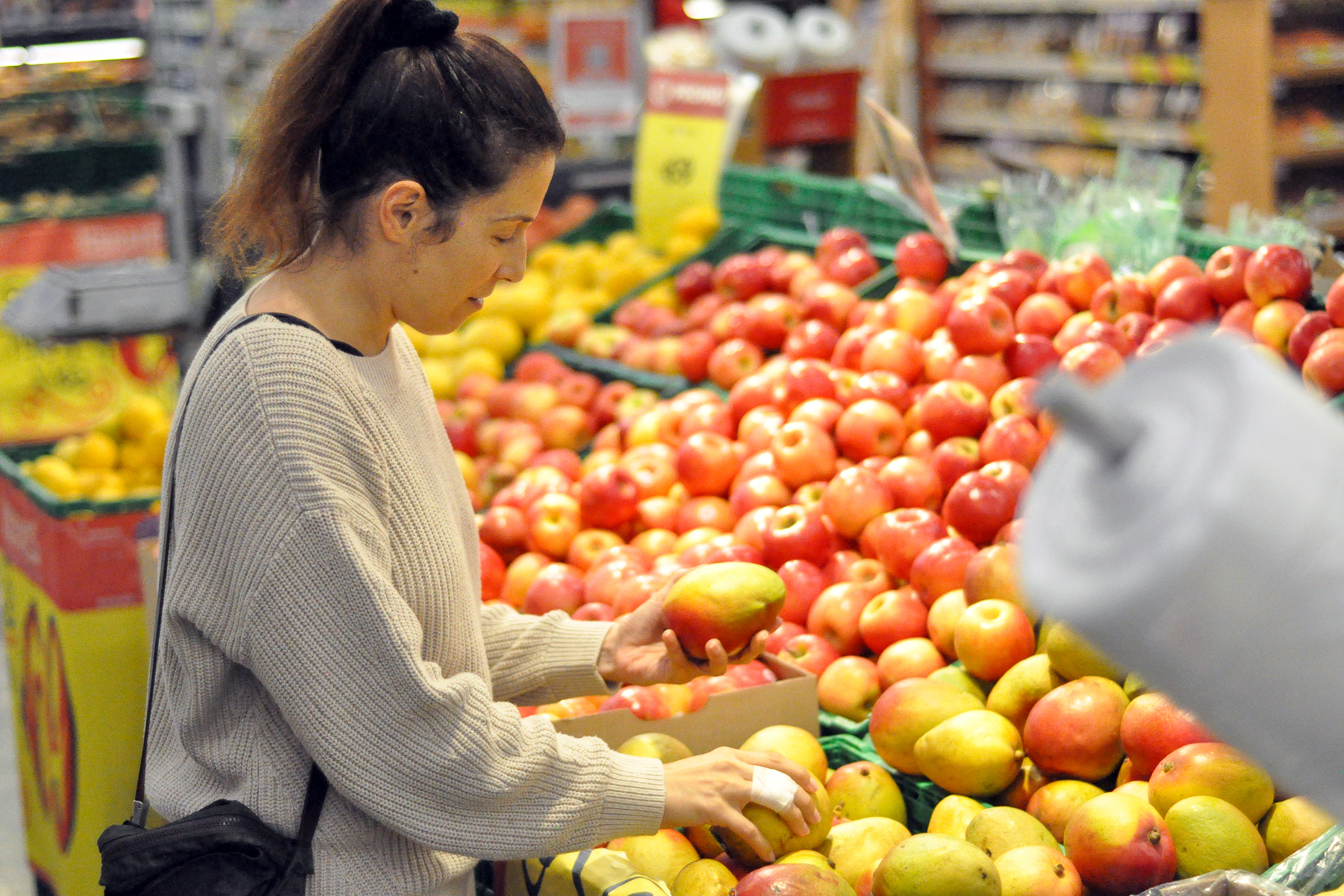Argentine Silvana Perona, 45, spent much of the past two decades working in finance in Europe, but moved home to Buenos Aires during the pandemic to be closer to her elderly parents. Even though her work is well-paid, the country’s worst inflation in 30 years has left her counting every penny.
*The heavily controlled official dollar rate is around 130 pesos to the dollar. The parallel ‘blue dollar’ exchange rate at which most people buy dollars soared from 190 pesos at the beginning of the year to a high of 347 pesos in late July before dropping again to 295 pesos. *
I had always listened to my mom talking about how stressed she was, that she couldn’t sleep, that she didn’t know what she was going to do because of inflation. I thought maybe she was being dramatic, but now that I am here, I feel her pain.
Maybe I was a bit naive, but I felt this emotional need to come back to Argentina.
I got a job, but after two, three months, I was starting to feel the crunch. What I thought was a great salary wasn’t so great with more than 65 percent inflation. I was losing spending power while my expenses increased.
In this country, salary indexation [linking pay to inflation] is crucial. I started asking about it after my trial period. They kept pushing it back. And nothing happened. In the end, my boss said there would not be a written contract for indexation, and that is when my top blew off, and I quit.
Negotiating a salary increase is always stressful, but here, how often do you have to do it?
I am still living with my mom. Budgeting is wishful thinking. Half of the flats for rent are in dollars. It is crazy. I can’t afford it. We are allowed only to buy dollars if we get the green light from the government, and then only 200 US dollars per month, at the official rate. I would need to buy dollars at the blue rate, illegally.
Argentinians are all finance experts because you need to think outside the box. How do you counter this inflation?
My mother got an 18 percent increase in her pension to 38,000 pesos. But the charges for her apartment building are 45,000 pesos. She is thinking of selling her home of the past 20 years.

The thing she is really anguished about is her health insurance. The price goes up every month. Because of her age, she just turned 70, and she cannot change it.
I used to go every Friday or at least twice a week with my mom or some friends to have a drink or coffee. When I arrived the price of a glass of wine was 400 pesos, now it is 800.
I have cut out anything more frivolous. Before, I would do a manicure or pedicure at least once a month. I just don’t do it anymore. The hairdresser … Forget it!
Before, I used to have a facial, or this or that, or go to the osteopath. Now, I don’t do it.
This week I had to tell my therapist … I had to lie, because I was embarrassed. I had to say I have a cold.
I was planning to go to the U.S. on holiday, but suddenly, the dollar went up exponentially. So now I am going to Mendoza. The middle class is asphyxiating.
Shopping is stressful and time-consuming. Every time I go, there is a price hike. We used to go once a week to the supermarket. Now we have to plan.
To buy cheese, we have to walk for 25 minutes because my mom found a place where they sell it cheaper.
Even medicines, they told us there would be a 20 percent increase next week, so we bought a few boxes of Ibuprofen. We have six tubes of toothpaste. Maybe you hear tomatoes are cheaper elsewhere, then you hike there.
You check the price of the dollar all the time. Having dollars is safer than having pesos because we all feel that pesos are like Monopoly money. A lot of middle-class people have their own dollar exchanger. You call him, and he comes to your house. Ours, he comes with a bunch of dollars hidden in his sock.
Thanks to the fact that I was living with my mom, I was able to save in dollars, crazily, by selling pesos to my mom. So at least I was able to save, which is something that most of my friends cannot do.
I am looking for jobs abroad again. Even if I negotiate a twice-yearly indexation, it will never be at par with the inflation rate.
Do I want to live with this level of stress? Most likely, I will end up in Europe again, and it breaks my heart.
I feel like an economic exile.
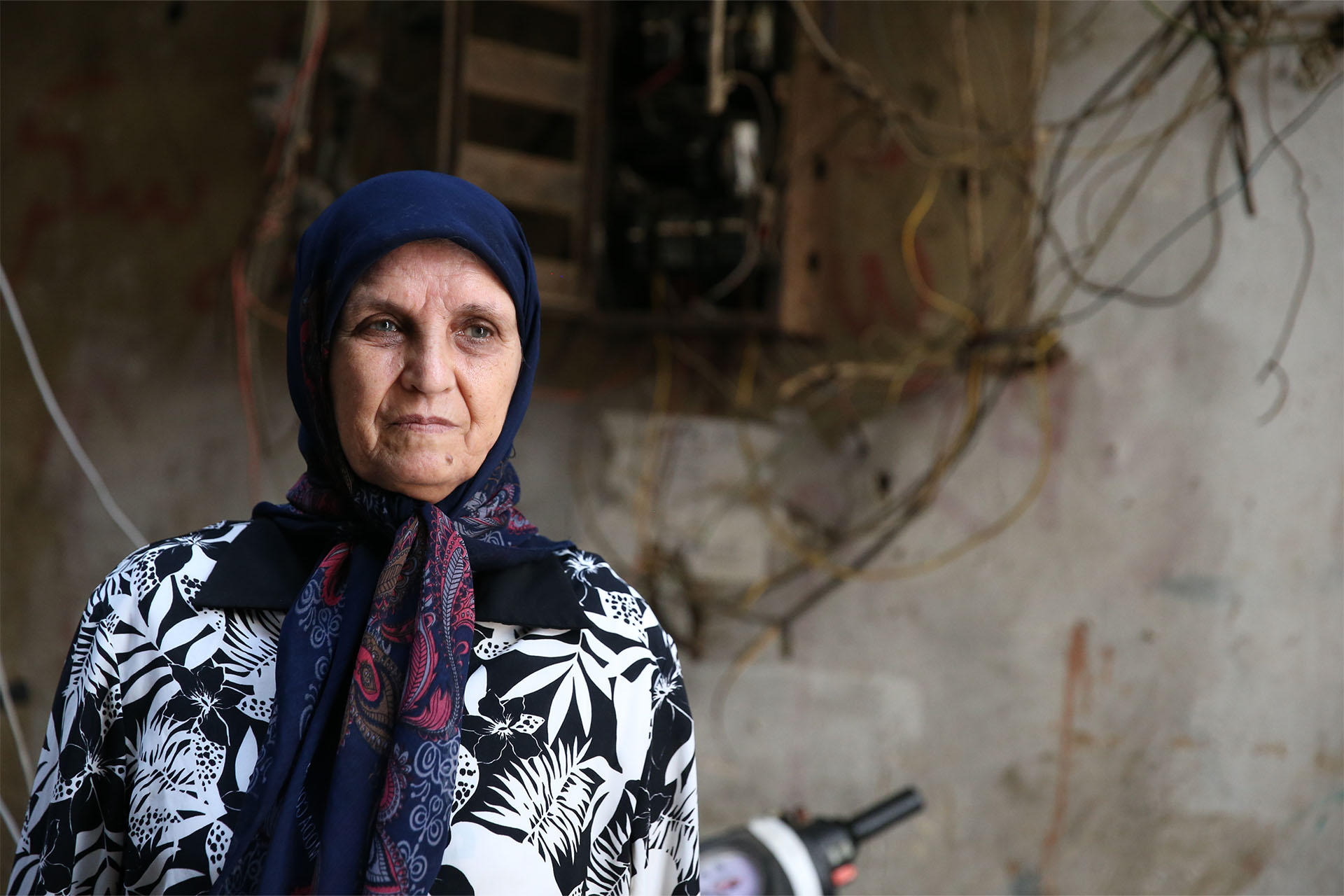
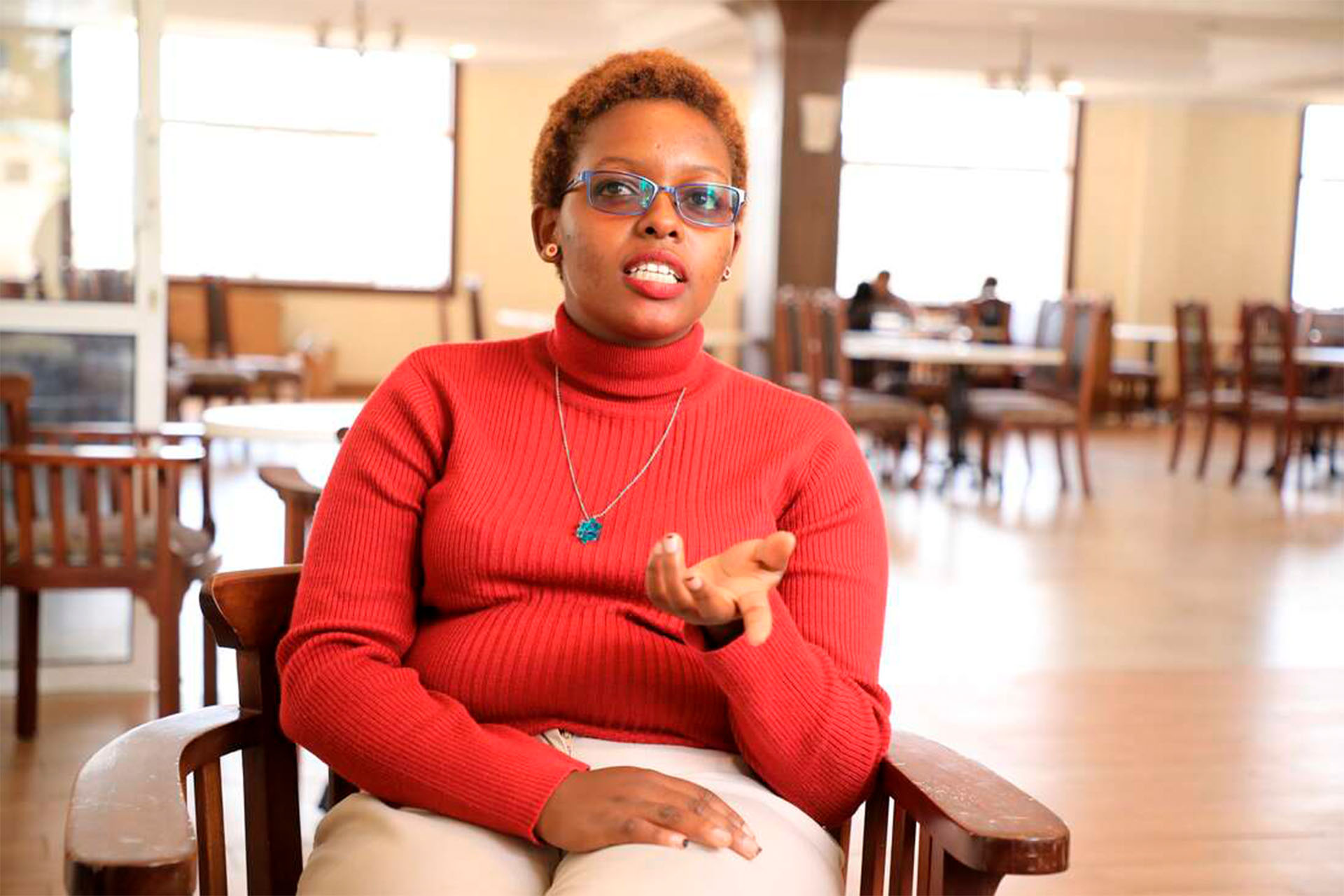
Financial Pandemic: As living costs spiral in Kenya, a mother sacrifices to spare family from ‘dire times’
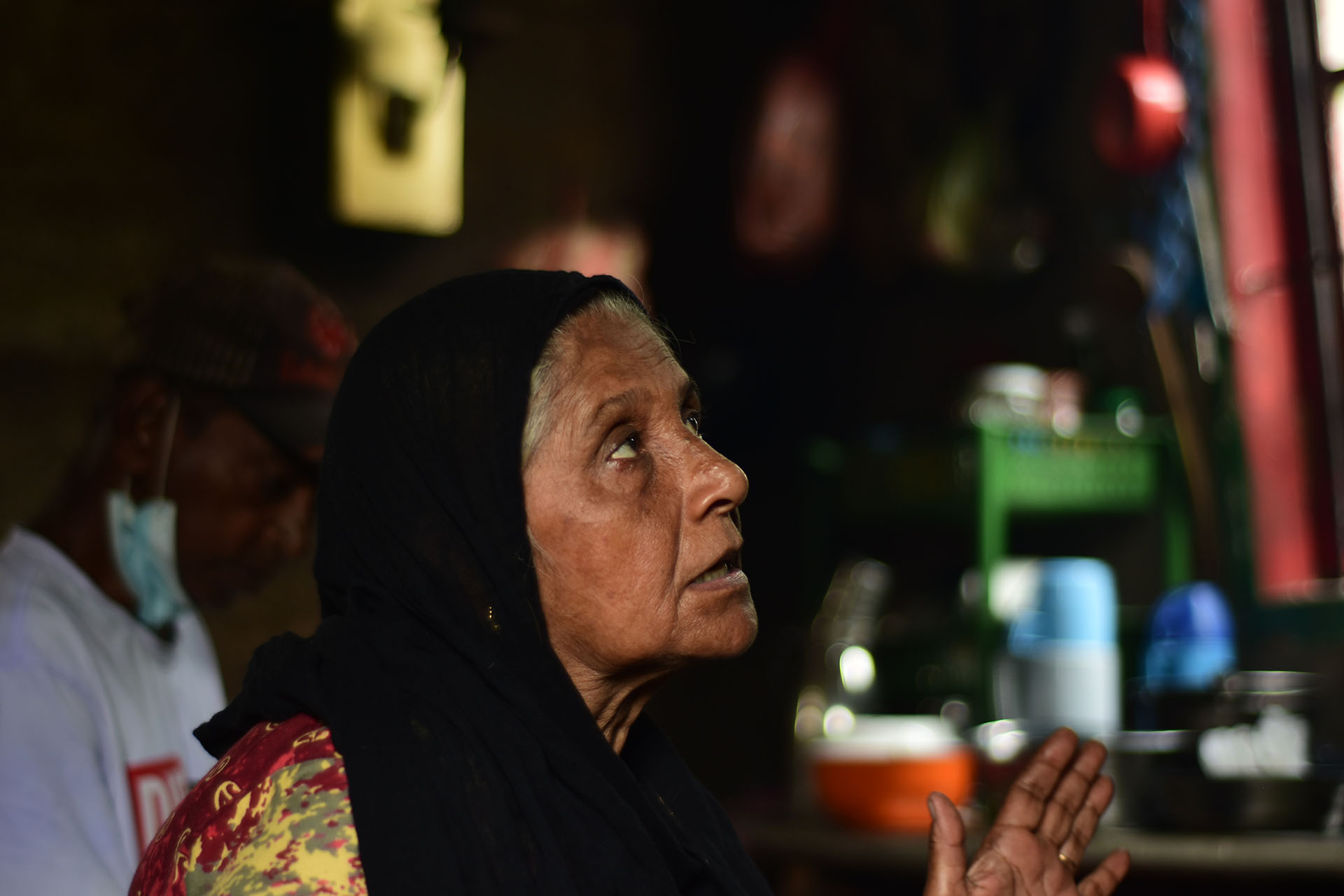
Financial Pandemic: ‘Sri Lanka is not a country for poor people now’
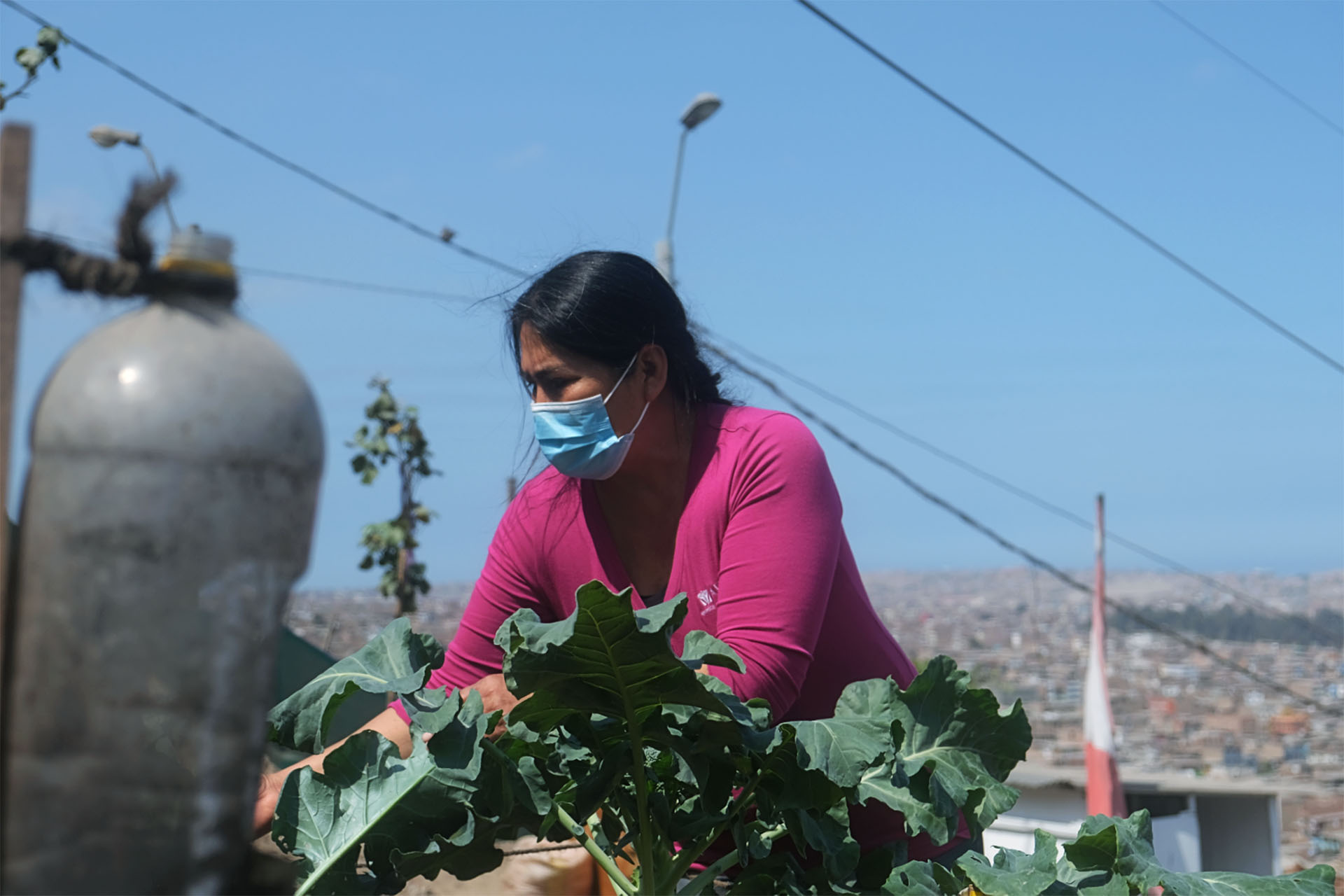


 Fran Blandy
Fran Blandy